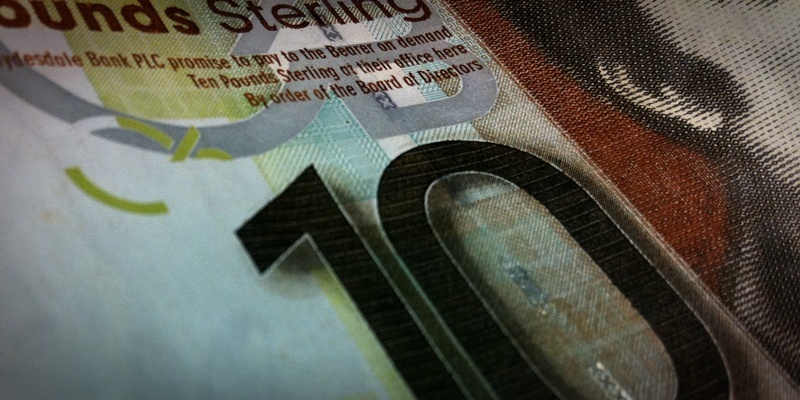The Scottish Government is demanding Scottish and Southern Energy explain how it can justify a price hike that could plunge tens of thousands of people into fuel poverty.
The company which owns Scottish Hydro-Electric and announced profits of £1.3 billion in May became the latest power company to raise prices when it announced electricity and gas bills will go up an average 11% and 18% respectively from September. SSE has over nine million customers including one million in Scotland, or one in five of the population.
The firm denied accusations of profiteering and blamed the Japanese earthquake and political upheaval in the Middle East for pushing up wholesale prices.
SSE also said distribution costs the price of getting electricity on to the National Grid and into homes increased by 14% over the past 12 months but pledged there will be no further increase in tariffs until August 2012 at the earliest.
Last month ScottishPower announced it would increase electricity prices by 10% and gas by 19% at the start of August. British Gas soon followed suit and announced price rises of 16% and 18% for gas and electricity respectively.
Scottish Government finance secretary John Swinney has already written to Ofgem with concerns about how the UK’s six largest power companies price their bills. He is now demanding an explanation of how companies can justify the latest hike.
“These latest fuel price rises by SSE come on top of similar high price rises announced by ScottishPower and Scottish Gas recently,” he said. “Power companies must do all they can to mitigate the impact on the most vulnerable people in our society, and we support the work of Ofgem to protect consumers, deliver transparency on energy prices, and ensure that companies treat their customers fairly.
“These swingeing price rises are driving up levels of fuel poverty, which is a disgrace in energy-rich Scotland,” Mr Swinney added. “I will be meeting with SSE shortly to discuss the justification for these price rises and how actions under its energy efficiency obligations can be best targeted.”
It has been estimated 170,000 more Scottish households will be left in fuel poverty where more than 10% of household income is spent on heating costs if all suppliers raise their prices.Fuel povertyA Scottish Government spokeswoman said, “Some 770,000 households in Scotland are in fuel poverty. If all energy companies increase fuel prices by similar amounts up to a further 170,000 households would be pushed into fuel poverty, which should not be allowed to happen in an energy-rich country like Scotland.
“The Scottish Government’s Fuel Poverty and Energy efficiency programmes have helped almost 200,000 households, including some of the most vulnerable in our communities, to reduce their heating bills. The recently launched boiler scrappage will also help over 6000 people replace old, inefficient boilers.
“Despite this, we have been clear in our view that electricity and gas markets are not working for consumers. That is why in a world where global energy markets are volatile, we are seeking to maximise the use of Scotland’s natural resources of renewable energy such as wind, wave, hydro to create a secure, diverse future energy mix.”
Scottish Labour’s deputy finance spokeswoman Rhoda Grant MSP said, “With energy company after energy company announcing price hikes like this it is our duty to help the poorest and most vulnerable in our society, who will be hit hardest by soaring bills in these already tough times.
“The fact that one in three Scots are now struggling to heat their homes almost twice as many as in England underlines just how wrong it was for the SNP government to slash the fuel poverty budget.”
Mike O’Connor of Consumer Focus, said, “Consumers cannot tell whether increases are justified and that stokes the lack of trust. Suppliers point to rising wholesale costs. Yet although wholesale prices have risen recently, they remain around a third lower than their 2008 peak.
“Ofgem must get to the heart of whether prices are fair.”
